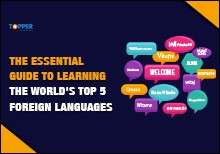From Lab to Lifesaver: Exploring the Fascinating Life Cycle of Medicines and Vaccines
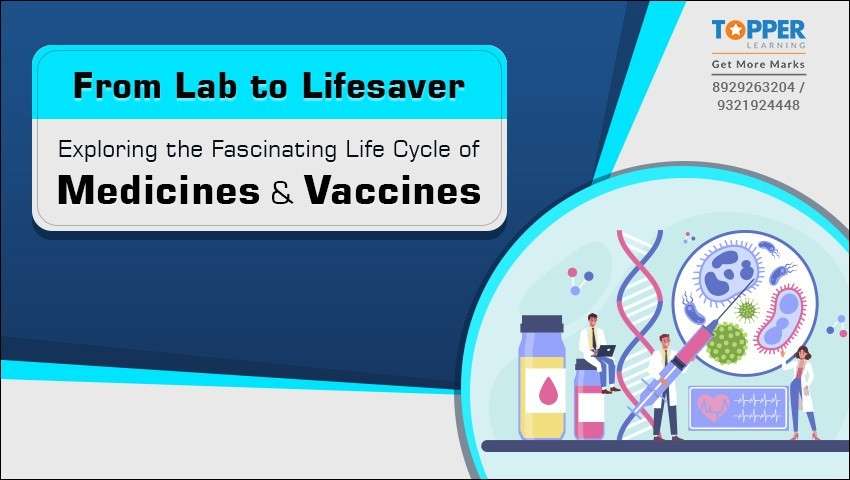
In a pandemic phase, medicines and vaccines are fundamentals in preventing the transmission of diseases and reducing mortality rates. The information in this blog will help us understand their contribution to improving quality of life.
By Topperlearning Expert 10th Oct, 2023 | 11:04 am
ShareMedicines and Vaccines are essential tools in maintaining and improving human health by preventing and treating various diseases and health issues. Let us understand their importance briefly.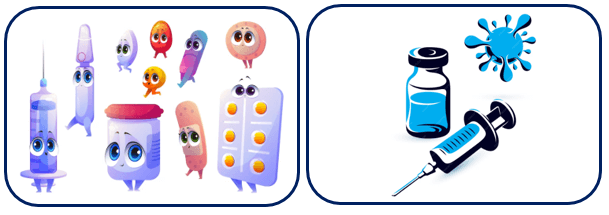
YOU AND YOUR MEDICINE
Medicine
How does medicine taste? Sweet or bitter? Yes bitter! But there are many benefits of medicines. We do not take medication for taste but because we want to eliminate the illness. Medicines are used to help people feel better when they are sick. The first modern medicine was developed in 1804 by Friedrich Serturner (a German scientist), while Maharshi Chakra was one of the most important person who contributed to Ayurveda medicine.
Forms of Medicine
Medicine can come as a pill or liquid (syrup), that is, a solid or a liquid. Some other forms of medicines are listed below: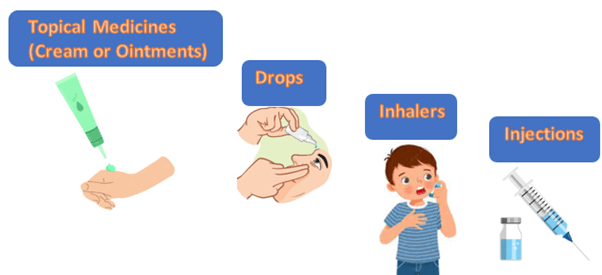
Expiry Date of Medicine
Imagine you have your favourite biscuits or a bottle of medicine. They taste good or make us feel better but can't stay fresh and compelling forever. Just as we grow and change, these products change too, and after a certain point, they're not safe or beneficial to use anymore. And this certain point is what we call expiry date.
The expiry date is when a medicine is guaranteed to be safe and effective when used correctly. It is usually printed on the packaging of the medicine. It's often in the format of month/year or day/month/year.
Medicines must be stored in a cool, dry place away from sunlight, as per instructions given on their packing. This can help prolong its effectiveness until the expiry date.
Remember that you should never use expired medicines.
Benefits of Medicine
- Prevents disease and injury
- Promotes and maintains health
- Relives pain and suffering
- Curing those with a disease and caring for those who cannot be cured
TYPES OF MEDICINES
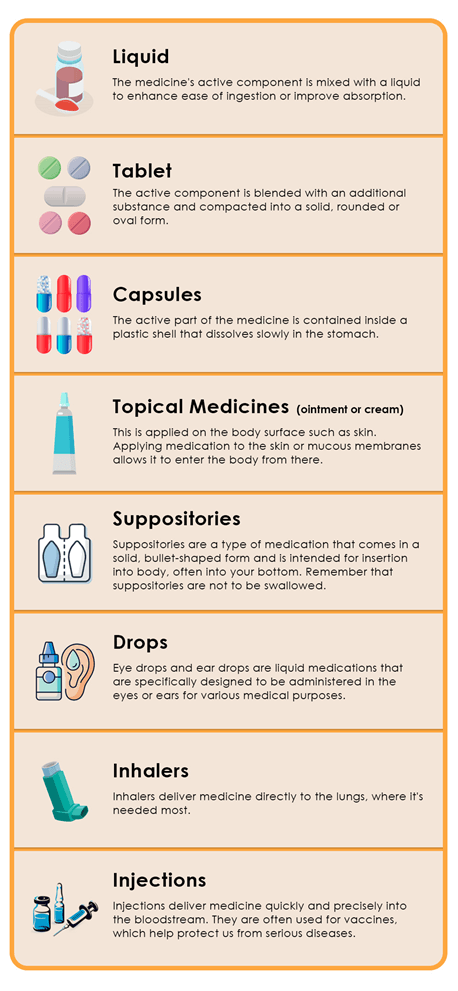
WHERE DO MEDICINES COME FROM
Different stages of medical development are as follows: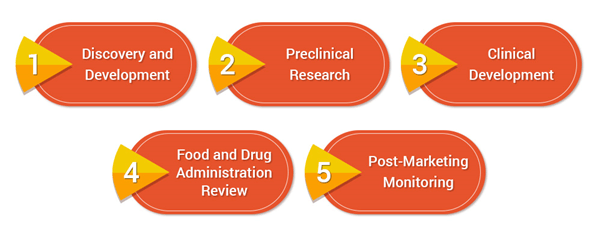
Clinical Trials
Clinical trials are designed to achieve specific objectives, such as assessing the efficacy of a new drug, understanding the side effects, comparing different treatments, evaluating preventive measures, or studying diagnostic methods.
There are 3 phases of clinical trials.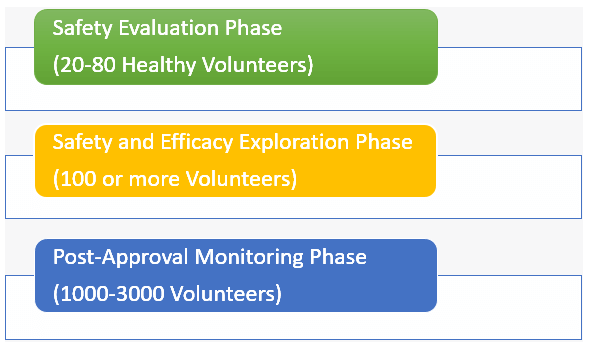
The ultimate goal of clinical trials is to improve patient care, develop new treatments, and advance medical knowledge.
VACCINE – OUR SAVIOUR
Vaccines are a powerful tool in preventing and controlling infectious diseases. Vaccines are substances that stimulate the immune system to produce an immune response against specific diseases, preparing the body to fight off the pathogens in the future. The most recently used vaccine worldwide is Covid vaccination for Corona.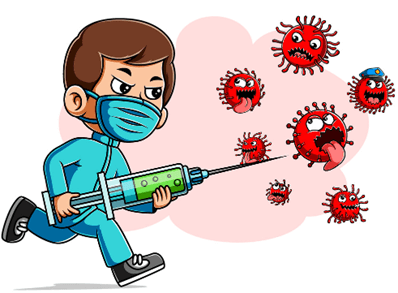
Vaccines have been instrumental in improving health and saving countless lives. Understanding their importance, safety and efficacy is crucial for making the right decisions about our health and the health of our communities.
The World Health Organization (WHO) has listed vaccine delay or refusal of vaccination as one of the biggest threats to global health.
HOW A VACCINE WORKS
Vaccines introduce a small, harmless piece of the pathogen into the body.
Vaccines are often given at hospitals or clinics. Some are also administered in schools through vaccination programs.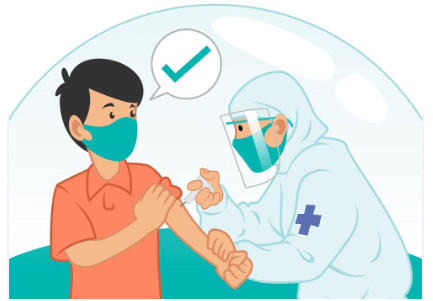
Immunisation is the process of making a person immune or resistant to a particular disease, typically through vaccination. Currently, immunisation prevents 2-3 million deaths yearly from diseases like diphtheria, tetanus, pertussis, influenza, and measles.
Vaccine Schedule
Vaccines are given at specific ages to provide the best protection during childhood and beyond. Your doctor or healthcare provider will recommend a vaccine schedule tailored to your needs.
Covid19 – A GLOBAL PANDEMIC
Coronavirus, or COVID-19, is a highly contagious virus caused by the novel coronavirus, SARS-CoV-2. It was first identified in Wuhan, China, in December 2019 and has since spread globally, leading to a pandemic.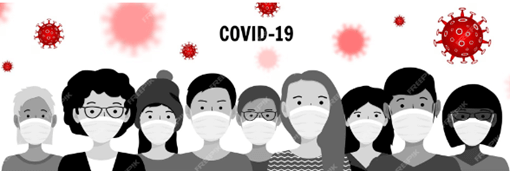
Symptoms of Corona Virus
Coronavirus affects people in different ways. It primarily spreads through respiratory droplets when an infected person coughs, sneezes, talks, or breathes. It can also spread by touching surfaces contaminated with the virus and touching your face.
Most common Symptoms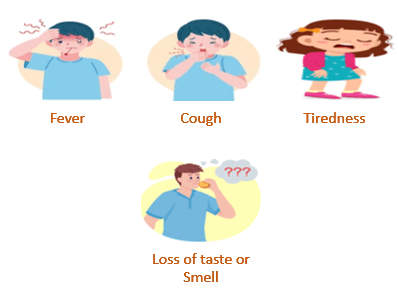
Less common Symptoms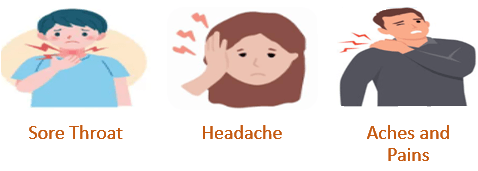
Serious Symptoms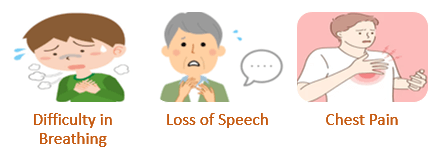
The COVID-19 pandemic had a significant impact globally, affecting health, economies, education, and daily life. Lockdowns, travel restrictions, and remote learning became common to curb the spread of the virus. Many people lost jobs, and healthcare systems were strained due to the high number of cases.
It is essential to follow guidelines from health authorities to stay safe and help prevent the spread of COVID-19.
What should be done to stop Corona Virus
- Limit contact with others
- Get a COVID-19 vaccine.
- Wash your hands often with plain soap and water.
- Cover your mouth and nose with a mask when around others.
Vaccination for Corona Virus
For corona virus, we have vaccines like vaccines like, Covaxin, Moderna, Pfizer- BioNTech, Johnson & Johnson’s Janssen, Sputnik V vaccine, Covishield.
But it's not vaccines that will stop the pandemic, and it is vaccination.
What to do after getting vaccinated?
Stay at the place where you get vaccinated for at least 15 minutes afterwards.
Check when you should come in for a second dose – if needed.
In most cases, minor side effects are expected. Common side effects after vaccination are arm soreness, mild fever, tiredness, headaches, and muscle or joint aches.
CONCLUSION
As Skill education plays a vital role in the development of students, given NEP guidelines, Topperlearning offers skill-based education that encompasses a wide range of subjects, including topics such as "What to do when a Doctor is unavailable," ‘Humanity & Covid-19”, and strengthening academic excellence in CBSE and ICSE curricula. Our comprehensive approach empowers students to excel academically and navigate practical, real-life situations when medical assistance is not readily accessible. It equips them with practical and applicable knowledge and abilities essential for academic success and life beyond the classroom.
Understanding the life cycle of medicines and vaccines is vital for various critical reasons, including ensuring safety, assessing efficacy, enhancing accessibility, and optimising healthcare system efficiency.
It supports evidence-based decision-making essential for efficient and effective healthcare systems.
TopperLearning is now on WhatsApp Channels!
Subscribe today by clicking the link and stay updated on the latest current affairs, study tips, our latest offerings and more. Click here
FAQ's
Q 1. What is the life cycle of a medicine or vaccine?
Ans: The development of a medicine or vaccine can take many years, and not all candidates need to progress through every stage. The life cycle of a medicine or vaccine starts from initial research and development to its distribution and monitoring.
Q 2. What happens during the pre-clinical testing phase?
Ans: Pre-clinical trials include testing the safety and efficacy of drugs treatments using animals or laboratory experiments before testing on human subjects. After the succession of pre-clinical trials, it is tested on human beings.
Q 3. What are clinical trials, and why are they important?
Ans: Clinical trials are designed to achieve specific objectives, such as assessing the efficacy of a new drug, understanding the side effects, comparing different treatments, evaluating preventive measures, or studying diagnostic methods. For more details, please refer to the above blog.
Q 4. How are medicines and vaccines manufactured and distributed?
Ans: The manufacturing and distribution of medicines and vaccines involve a systematic process to ensure quality, safety, and efficiency in producing these vital medical products.Stages of medical development are provided in the above blog.
Q 5. Why is it important to understand the life cycle of medicines and vaccines?
Ans: Understanding the life cycle of medicines and vaccines is of vital importance for various critical reasons, including ensuring safety, assessing efficacy, enhancing accessibility, and optimising healthcare system efficiency
Q 6. What is CBSE Skill Education, and what are the books and support materials available for it?
Ans: As per NEP 2020, the Central Board of Secondary Education (CBSE) introduced skill-based education in schools. The aim is to equip students with practical skills to help them in their careers. CBSE has published various for this purpose, covering multiple subjects such as Retail, Information Technology, Beauty and Wellness, and more. Topperlearning strives to raise awareness about the significance of such in-demand skills and topics through this blog series.
Important Resources
- Education Franchisee opportunity
- NCERT Solution
- CBSE Class 9 Mathematics
- NCERT Solutions for class 10 Science
- Sample Papers
- CBSE Class 9 Science
- NCERT Solutions for class 10 Maths
- Revision Notes
- CBSE Class 10 Hindi
- CBSE Class 10 English
- CBSE Class 10 English
- CBSE Class 10 Social Studies
- CBSE Class 10 Science
- CBSE Class 10 Mathematics
- Career In Science After 10
- Career In Commerce After 10
- Career In Humanities/Arts After 10
- NCERT Solutions for Class 10
- NCERT Solutions for Class 11
- Business Studies Class 12 CBSE project



